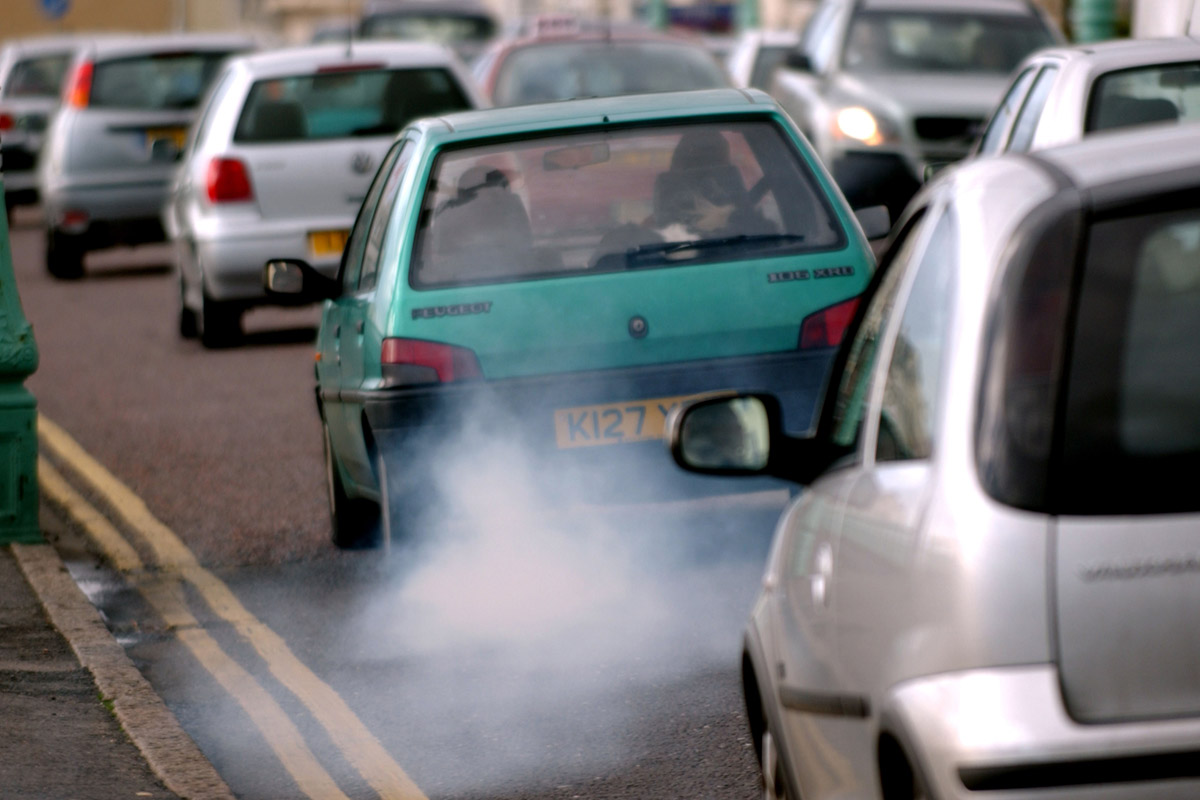Deep inside the engine control units (ECUs) of roughly 11 million Volkswagen diesel engines across the world, certain code was executing, which helped the company cheat on their harmful gases emission ratings. It did this by activating the emission control device only if it detected the car was undergoing emissions testing. The Nitrate, or NOx (NO2 , NO3 etc) gas levels emitted by VW diesels’ engines were then assumed to be within what the government allowed as acceptable levels, and the cars were sold in US markets. Once the software detected that the emissions test was over, the emission control was disabled and 40 times more NOx was spewed into the air than before.
Playing the Blame Game
In the 2 months since the news of the so-called ‘defeat device’ broke, the public’s confidence in the venerable German manufacturer has plummeted, and someone has to take the blame for this. At a hearing recently, the US CEO for the car maker pointed that accusatory finger at “software engineers who put [the software] in for whatever reason.”
Pride and Corporate Underhandedness
The accusations seem like a last ditch effort to save face. Panel representatives dismissed the claims of the CEO during the hearing. According to them, VW was in the scheme from the beginning, and they claimed it wasn’t simply a rogue engineer acting on his own volition. Evidence from several decades of car innovation at VW actually seems to corroborate the idea that the software was developed out of necessity, such that the company could be the innovatory hero the market expected. Most of the affected cars in the EU and the US will be recalled to have the ECU code updated to remove the cheating software.
South African Standard
South African’s needn’t worry about the situation, since NOx emission level standards here are less strict than those of Europe and the US. This means that all affected VW engines here will pass South Africa’s NOx level regulation, and won’t need to be recalled. Regardless, the brand image of the German company won’t be the same as before.

Software and software testing clearly play a greater part in our lives today than ever before, now that it’s moved into the automotive realm. For everyone coding non-car related software though, there is still hope: if your company’s code testing methods on your software are a bit too strict for your liking, you could always apply the VW method!
What’s your view on unethical software practices in the industry? Comment with your views on this article in the comments section below, and follow Hyperion Hub developments in the future if you’d like to see more articles like these for the South African market.
Date originally published: 21/12/15


